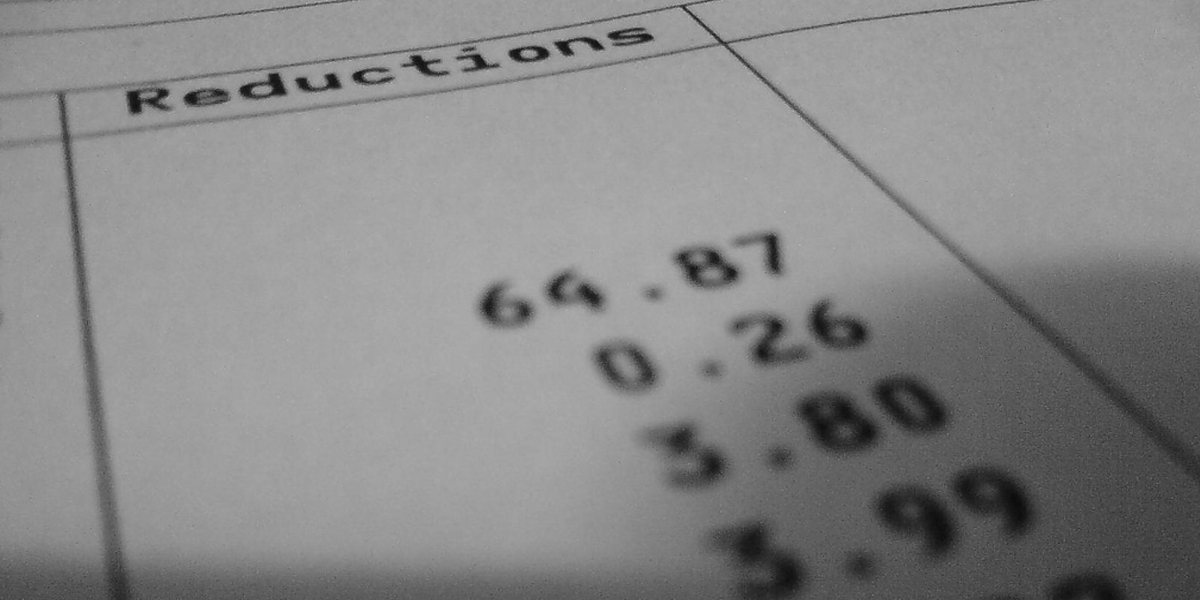Miliband’s Living Standards Index shows what we measure matters
When the physicist Lord Kelvin said: “If you cannot measure it, you cannot improve it” he wasn’t thinking about the way we measure the economy, but he could just as well have been. Economic success isn’t success unless it is...
When the physicist Lord Kelvin said: “If you cannot measure it, you cannot improve it” he wasn’t thinking about the way we measure the economy, but he could just as well have been. Economic success isn’t success unless it is shared by the majority of households, but for years of our yardsticks of GDP, unemployment and inflation have given us a skewed picture of national prosperity. The financial crisis laid to rest any lingering doubt that we need a new set of measures: as the British economy sailed into its worst economic crisis in a generation, their message was ‘steady as she goes’.
So what we measure matters. It is a simple insight that was embodied in Ed Miliband’s announcement yesterday that a future Labour government would put as much emphasis on a new Living Standards Index (LSI) as generations of governments have afforded GDP. Writing to Andrew Dilnot, head of the UK Statistics Authority, Miliband has expressed his intention to bring policymaking into line with the experience of normal families. Specifying what success looks like is the first step on the road to a comprehensive strategy for economic reform. So Miliband’s announcement is a welcome development in the Labour leader’s proposed programme of ‘responsible capitalism’.
When Andrew Harrop and I proposed similar reforms last year in the Fabian report Measure for Measure, we argued that the government should be judged by what matters for a fair and sustainable economic future. GDP growth is now well underway after the worst recession in living memory, but you don’t have to look far to find that all is not well underneath the economy’s bonnet. Average earnings, low pay, underemployment, productivity and inequality are all faltering despite the recovery. Yet we lack the official signals which warn of this risk to the economy’s health.
Our economic yardsticks were deceptive in the years leading up to the crisis too. Despite one of the longest periods of sustained growth in UK history, the relationship between economic output and typical living standards weakened. Between 2002-03 and 2007-08 there was not a single year where real median household income increased by more than 1 per cent. It was only when growth disappeared that this decoupling become apparent.
Miliband’s announcement will have practical consequences if adopted. The metrics embodied in an LSI would be a test for policy makers: are their proposals for economic reform likely to move Britain closer to these economic objectives, and at the right pace? Future governments would need to work backwards to consider what actions will lead to change of the required direction and magnitude.
The decision for the Office for Budget Responsibility to monitor any new measures should prevent debates about economic rebalancing becoming sidelined once traditional economic indicators return to normal. In the early days of his premiership David Cameron asked the Office for National Statistics to collect data on well-being because “our success as a country is about more than economic growth”. When the going got tough on the economic front, well-being fell down the priority list. The hope is that the Labour leader’s announcement will strengthening the requirement for government to account for its performance on living standards.
Indicators and data-collection can seem like dry stuff. But if this ‘Miliband Index’ is adopted it will be a small but significant step forward for how we think about economic success. For as Lord Kelvin knew well, ultimately “what gets measured gets done”.
